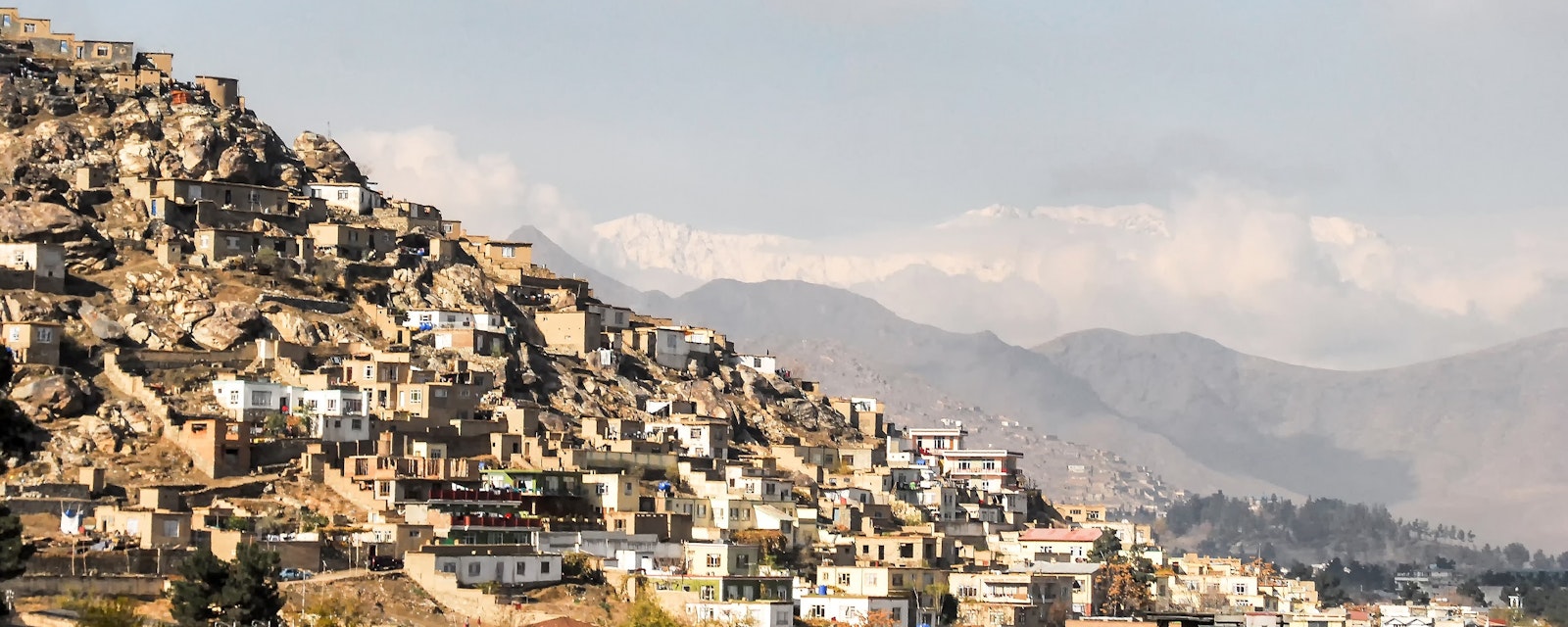Concerns over security and uncontrolled migration have led to inconsistent and uncoordinated reactions from Central Asian governments to the Taliban coming to power in Afghanistan. Multiple risks stemming from the uncertain political outlook in Afghanistan are underpinning closer cooperation between the Central Asian countries, Russia and China.
The reaction of Central Asian governments to the fallout of the Taliban's swift ascent to power in Afghanistan has been uncoordinated and inconsistent. For example, Tajikistan, which has a 1357-kilometer-long border with Afghanistan, initially planned to absorb up to 100,000 refugees but later tightened its stance and completely suspended cross-border traffic until 20 September. Tajik President Emomali Rahmon has also suggested that Dushanbe will not recognize the new Afghan government unless it includes the Tajik ethnic minority in the future government of Afghanistan.
Similarly, Kazakhstan has withdrawn its earlier proposal to host thousands of Afghan refugees in public schools and now is only offering to shelter UN officials relocated out of Afghanistan. Kazakh authorities do not have official ties with the Taliban and in the past had supported the NATO-led mission in Afghanistan.
Meanwhile, Uzbekistan has already seen a major inflow of civilian refugees and fleeing soldiers even after the Uzbek military shot down an Afghan plane attempting to enter the country's airspace. As a result, Tashkent has also tightened its border control and is maintaining regular contacts with the Taliban to mitigate potential security risks. The Uzbek government is also showing willingness to host international humanitarian operations from its territory.
In contrast to its regional peers, Turkmenistan appears to be seeking closer ties with the Taliban and has already organized some regional-level meetings. The reasons for this are largely economic: the country exports electricity to Afghanistan and still has hopes to construct a gas pipeline across Afghanistan into Pakistan, particularly after the recent launch of new gas wells at the Galkynysh field.
Multiple Risks to Central Asia…
The uncertain political outlook in Afghanistan poses multiple risks to Central Asia. The UN refugee agency has recently warned that around 500,000 Afghans might flee the country by the end of 2021. Faced with such a wave of refugees, Central Asian governments would face multiple challenges of providing (or refusing) humanitarian assistance while maintaining security and popular support at home.
Most Central Asian governments are also acutely concerned about the potential for extremist fighters within their borders to seek common cause with either the Taliban or other Islamic extremist groups. Given its history of grappling with Islamic extremism, Uzbekistan is most vulnerable in this respect. However, difficult socio-economic conditions and pervasive corruption make fertile ground for the spread of extremism across the region. There is also strong public support in Tajikistan for funding or otherwise supporting northern militias in the Panjshir mountains (along the northern Afghanistan border with Tajikistan) to resist the Taliban and provide a security buffer.




